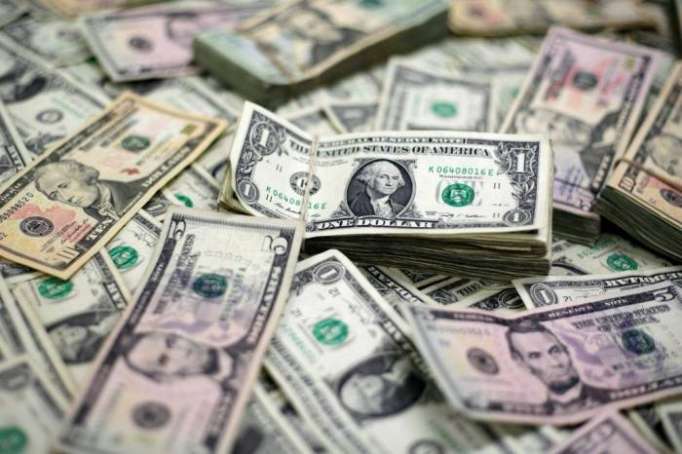The United States, France and Britain launched missiles targeting what the Pentagon said were chemical weapons facilities in Syria on Saturday, in retaliation for a suspected poison gas attack on April 7.
Suggesting that the military action would not be prolonged, Trump declared “mission accomplished” after the strikes. There were still concerns, however, about Russia’s potential reaction to new economic sanctions from Washington.
The dollar index against a basket of six major currencies eased 0.05 percent to 89.741 .DXY.
The U.S. currency was 0.1 percent lower at 107.245 yen JPY= after a brief rise to 107.610. It was within reach of a near two-month high of 107.780 yen set on Friday.
Although the yen usually draws demand in times of political tension and market turmoil due to its perceived safe-haven status, the dollar’s losses against its Japanese peer were limited.
“The reaction in currencies has been limited as President Trump had provided advance notice about a possible strike on Syria, giving speculators ample time to brace for the actual event,” said Yukio Ishizuki, senior forex strategist at Daiwa Securities.
“Many speculators are showing less of a response to yen-supportive factors lately, after the Bank of Japan made clear it was not going to normalize policy soon. This goes for domestic factors as well, like falling support ratings for (Japan Prime Minister Shinzo) Abe.”
Support for Prime Minister Shinzo Abe, plagued by accusations of cronyism and cover-ups, fell to 26.7 percent in a survey by private broadcaster Nippon TV released on Sunday, the lowest since he took office in December 2012.
Still, others saw diminishing popularity for Abe at home weakening his position when he meets President Trump at the April 17-18 U.S.-Japan summit, possibly providing fresh impetus for some participants to bet on renewed yen appreciation.
“Technically speaking, the dollar has broken above resistance against the yen. But given potential political developments, the bounce could only go as far as 108.44 yen, the 38.2 percent Fibonnaci retracement from last month’s low and the November high,” said Makoto Noji, chief strategist at Nikko SMBC Securities.
The euro inched up 0.05 percent to $1.2335 EUR= after ending Friday little changed.
The pound was 0.2 percent higher at $1.4261 GBP=D3 after rising to a near three-month high of $1.4296 on Friday.
Expectations of a rate rise from the Bank of England have been a major driver of sterling’s gains in recent days.
The Australian dollar added 0.05 percent to $0.7773 AUD=D4 and the New Zealand dollar was little changed at $0.7354 NZD=D4.
The Hong Kong dollar was at 7.8500 per dollar HKD=D3 and at the weak end of its trading band.
The Hong Kong Monetary Authority (HKMA) stepped in last week to prop up the Hong Kong dollar, as it is obliged to intervene and keep intact a trading band of 7.75 to 7.85.
More about: #dollar
















































